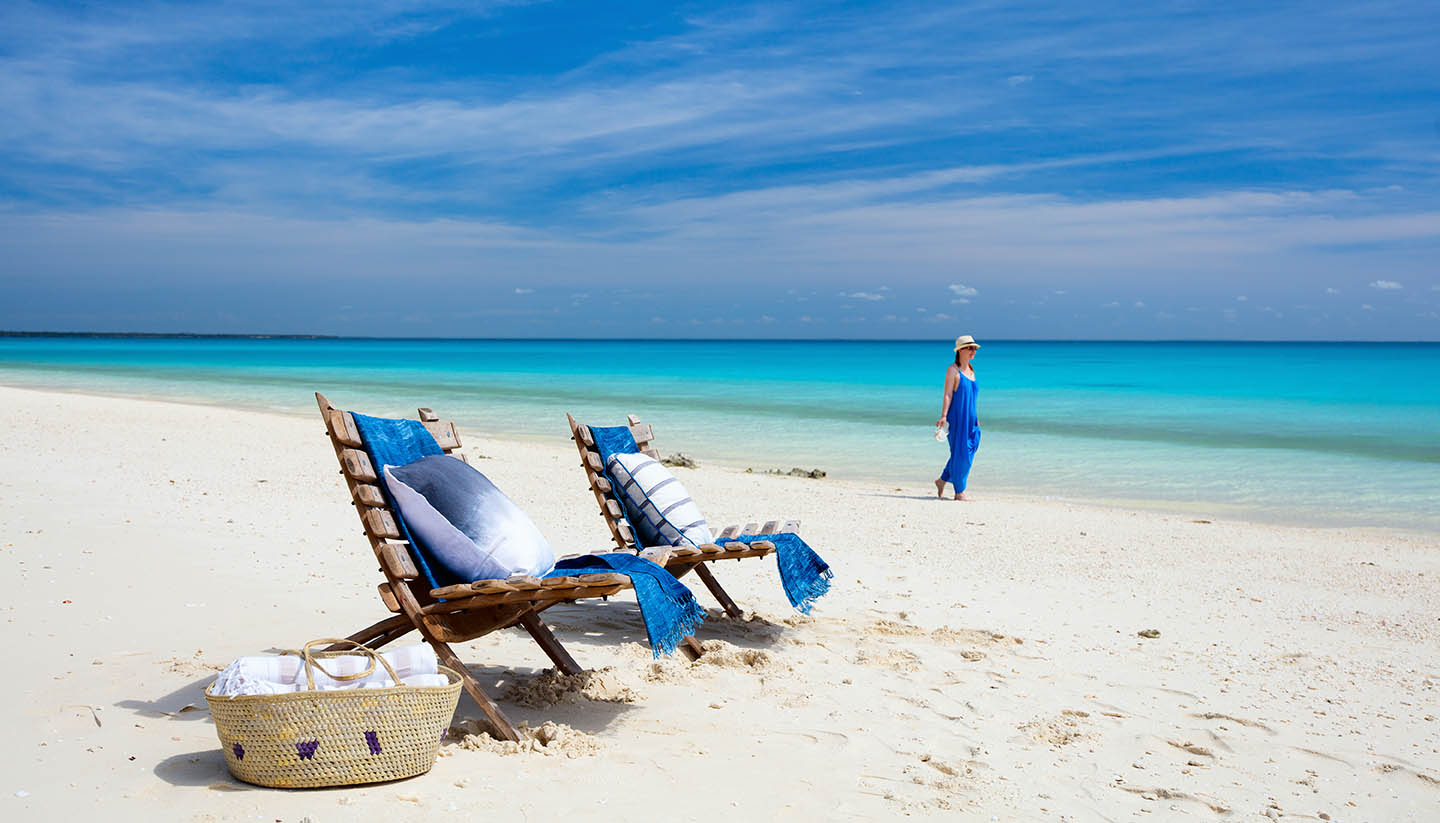Mozambique: Doing business and staying in touch
Doing Business in Mozambique
Lightweight suits are advised. Prior appointments are recommended. A knowledge of Portuguese is normally necessary for business dealings, although there are translation facilities available in Maputo. January is the main holiday month, so this should be avoided for business trips.
Office Hours
Mon-Fri 0730-1230 and 1400-1730.
Economy
Following the civil war, the Mozambican economy picked up strongly in the late 1990s. Devastating floods, drought and trade-related disputes in the new millennium have intermittently undermined progress, and required aid donors to step in. Growth was at a healthy 7.9% in 2006, but inflation was also high at 13.2%.
In mid 2006, the World Bank relieved Mozambique from much of its long-term foreign debt burden, and remaining debts were rescheduled under the IMF's Heavily Indebted Poor Countries (HIPC) initiative.
Agriculture is the mainstay of the economy. Forestry is increasing in importance. Fishing is both an important source of food and a vital export earner. Manufacturing industry produces one quarter of GDP: products include processed foods, textiles, drinks, cement and fertiliser. Mining operations produce coal, salt, bauxite, gemstones and marble. In addition, natural gas is extracted from onshore fields and piped to South Africa.
Mozambique is a member of the Southern African Development Conference.
GDP
US$6.3 billion (2006).
Main exports
Cotton, cashew nuts, sugarcane, tea and cassava (tapioca).
Main imports
Machinery and equipment, vehicles, fuel and chemicals.
Main trading partners
Netherlands, South Africa, Portugal and Zimbabwe.
Keeping in Touch in Mozambique
Mobile Phone
Roaming agreements exist with most international mobile phone operators. Coverage is expanding to all main cities in most provinces.
Internet
There are Internet cafes in Maputo and other cities.
Post
Postal services are available in main centres. Airmail to Europe usually takes five to seven days, but sometimes longer.


